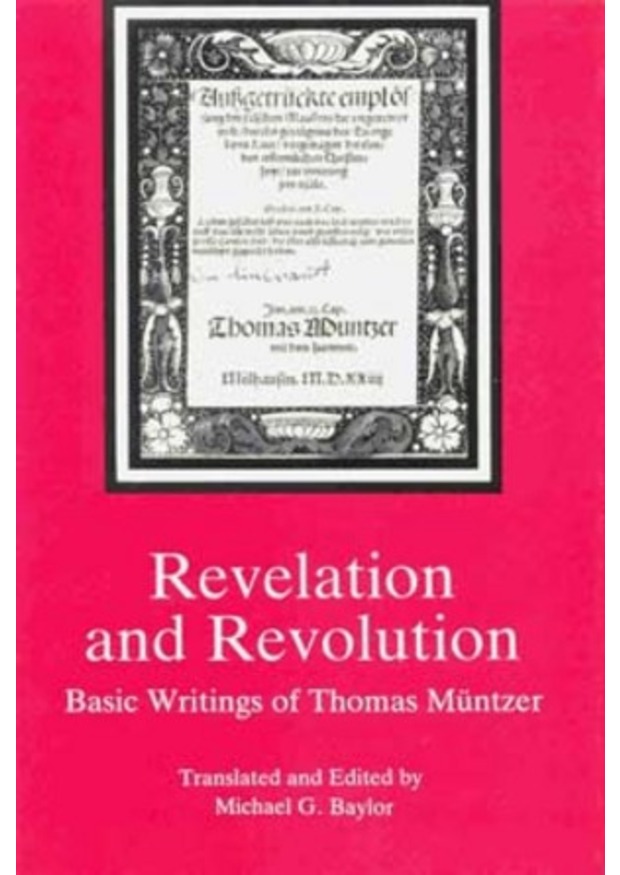Basic Writings of Thomas Müntzer
This book presents in English translation the basic writings of Thomas Müntzer (born before 1490, died 1525)—one of the most important leaders of the insurgents during the momentous German Peasants’ War, one of the inaugurators of a distinctive Radical Reformation, and one of Martin Luther’s first and most insightful critics from within the ranks of the evangelical reformers. Müntzer’s activities influenced the direction of the early Reformation in Germany. His writings enable us, for perhaps the first time in European history, to know intimately and in detail the mind of a religious revolutionary
In this volume, Michael G. Baylor refocuses on the seven tracts that Müntzer wrote between 1521 and 1524―six of them published in the years 1523-24—as he attempted to bring his unique message before a broad audience. This prophetic message combined a spirituality based upon direct, personal revelations, and the conviction that a corrupt social and political order must be overturned. Presenting these texts in chronological order permits the reader to trace the development of Müntzer's thought during the crucial years of the German Reformation. The book also includes part of Müntzer's liturgical writings, the first vernacular liturgy of the Reformation, and a large selection of his letters, especially those written during the final stages of his career. The collection is rounded out with materials written just before his execution on 27 March1525―his confession, retraction, and last letter to the people of Mühlhausen. The presentation of the texts is preceded by an introductory essay and a chronology of Müntzer's life; these set his writings in the larger context of his career, and assist the reader in grasping both the shifts and continuities in his thinking.
Müntzer's character and his ideas have long been the subject of heated debate. Was he a millenarian fanatic or an early champion of social justice? Was he a deluded pseudo-prophet who preached a confused blend of mysticism and bloodshed, or was he an original theologian who created a powerful synthesis of ideas drawn from several traditions? This edition of Müntzer's basic writings enables students of European history and the history of religion to arrive at their own answers to these and other questions.













